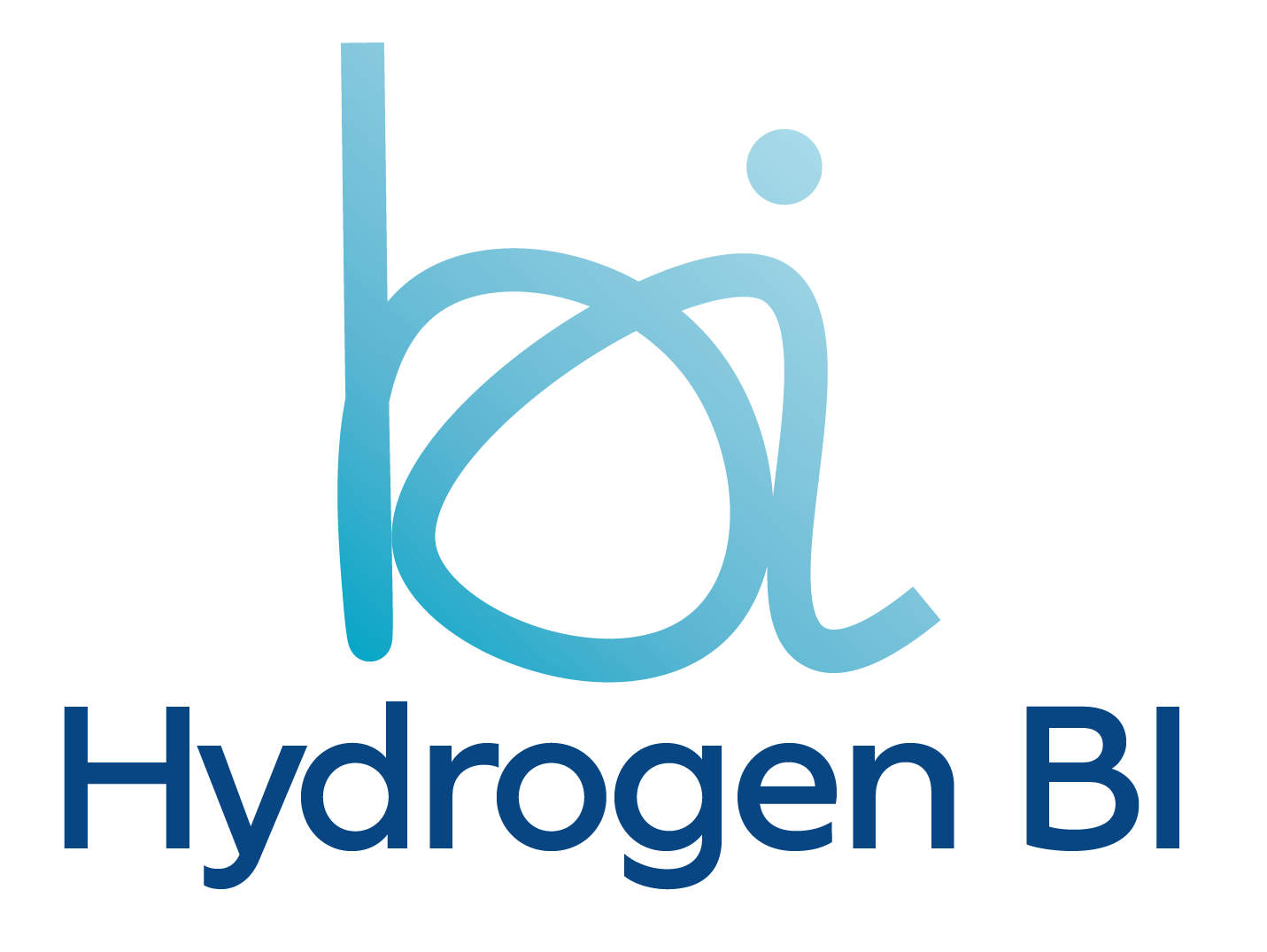
Solutions
Project Management
Monitor milestones, budgets, and risks live. Spot delays early and deliver on time, every time.
Leveraging Business Intelligence (BI) in project management can significantly boost both efficiency and project success. By utilising BI tools, companies can:
Improve Project Planning: BI systems analyse historical data to provide insights that help in creating more accurate and realistic project plans.
Optimise Resource Allocation: With detailed insights into resource availability and utilisation, BI helps allocate resources more effectively, ensuring projects stay on track and within budget.
Enhance Decision-Making: Real-time data and analytics empower project managers to make informed decisions quickly, addressing issues before they escalate.
By integrating BI into project management, businesses can not only streamline their processes but also achieve greater project success and efficiency.


Common Problems
Each department faces unique challenges. Here are some issues we help solve:

Hard to see progress or resource clashes

Delayed risk or cost overrun detection

Manual reporting to clients or management

Missed deadlines and unclear accountability



Improve Project Planning: The Forecasting Module helps create more accurate project plans by analysing historical data and predicting future trends.
Forecasting Module

Enhance Collaboration: Bespoke BI provides insights that improve team collaboration and communication, leading to more efficient project execution.
Bespoke BI Module

Track Project Progress: The Sage 200 Reporting Pack helps monitor project milestones and performance, ensuring projects stay on track and within budget.
Sage 200 Module


Improve Project Planning: The Forecasting Module helps create more accurate project plans by analysing historical data and predicting future trends.
Forecasting Module

Enhance Collaboration: Bespoke BI provides insights that improve team collaboration and communication, leading to more efficient project execution.
Bespoke BI Module

Track Project Progress: The Sage 200 Reporting Pack helps monitor project milestones and performance, ensuring projects stay on track and within budget.
Sage 200 Module
Statistics that Speak Volumes
80%
Over 80% of companies have invested in BI tools.
5x
Businesses that use BI tools are 5x more likely to make faster decisions.
30%
Businesses using BI tools experience a 20-30% increase in operational efficiency.
25%
Companies that implement BI tools report a 20-25% increase in employee job satisfaction.
6x
Businesses with a BI strategy are 6x more likely to identify new revenue streams.
50%
Businesses save an estimated 1,200 hours (50%) annually on manual data entry and report generation by using BI tools.


